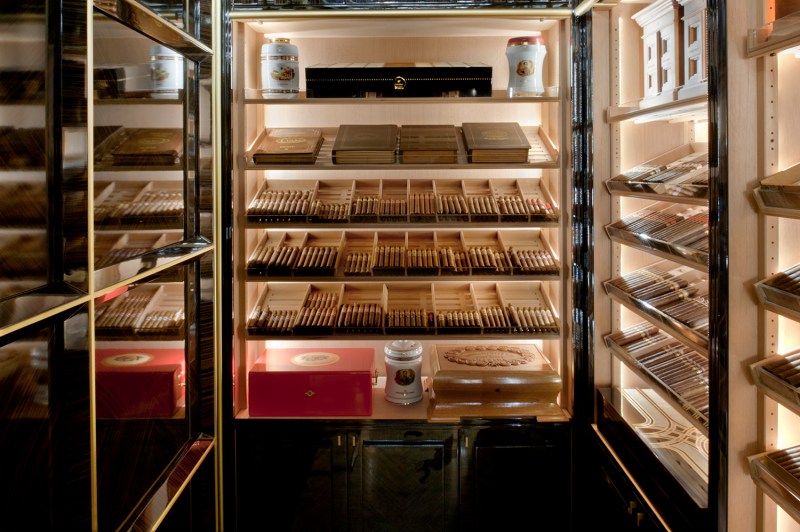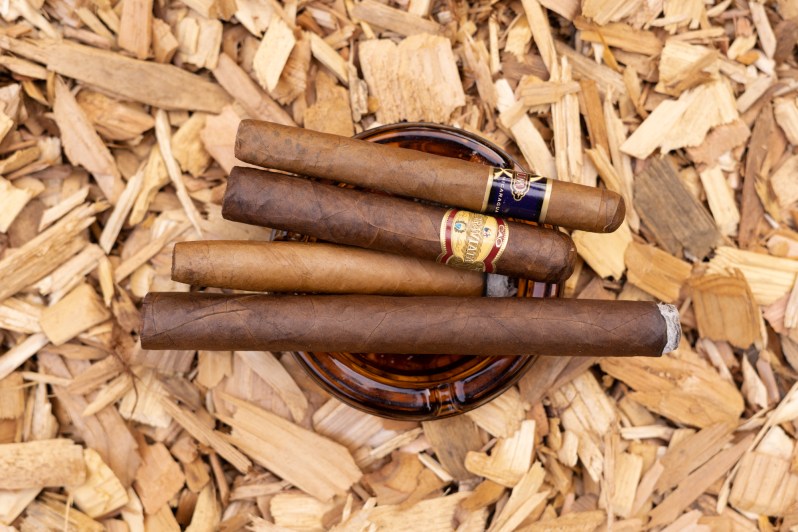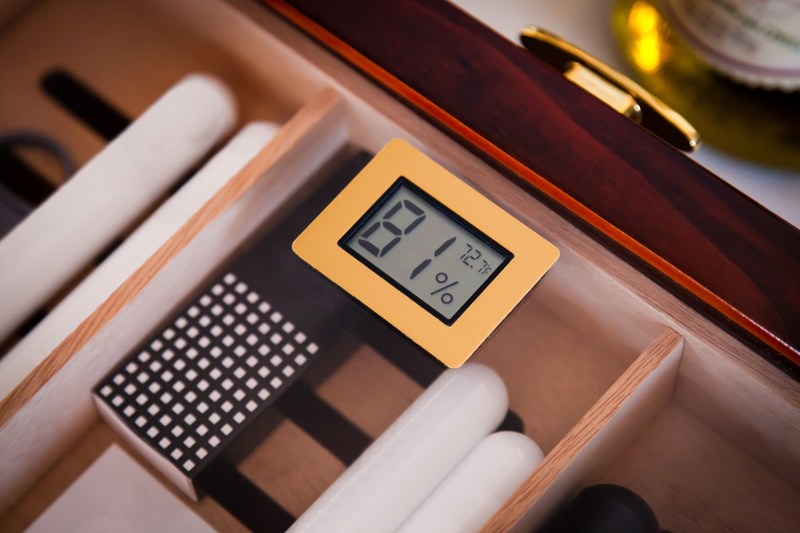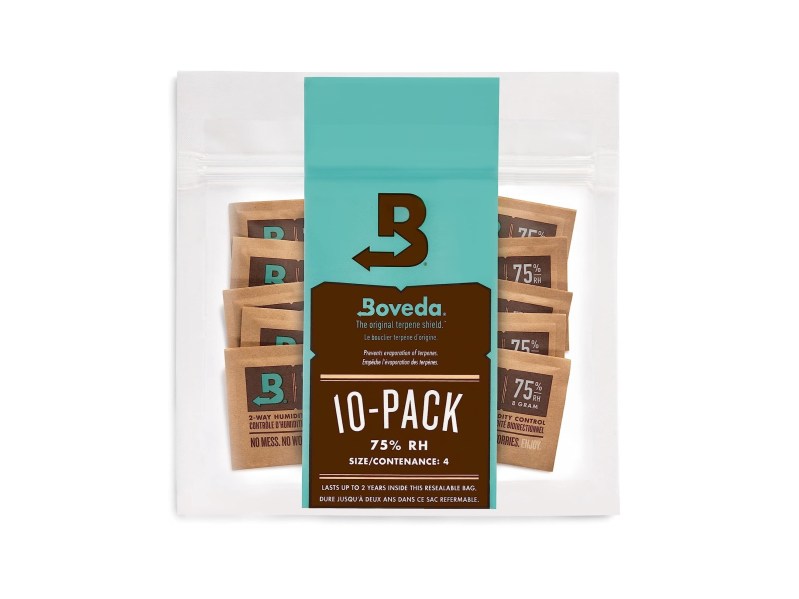
So, you bought a single or small pack of cigars and mistakenly let them dry out? Bummer. That’s no fun.
Cigars will dry out if not cared for or stored correctly. Unfortunately, when that happens, they lose a lot of their natural oils and flavor. You should never smoke a dried-out cigar for several reasons, the most pertinent being that it won’t be a very pleasurable experience.
Cigars that are too dry or humid will burn hotter, making it uncomfortable for your lips, mouth, and throat, but they’ll also burn unevenly. They may even tunnel, when holes or tunnels are bored through the middle because of compression and expansion or poor rolling, causing the cigar to go out prematurely. It won’t taste very good either and will be mostly bitter.
The good news is that you can rehydrate or re-humidify a dried-out cigar. There are some things you should keep in mind first:
- The flavors will never be as potent as they originally were.
- You’re not getting the true experience of that particular blend anymore.
- You may still have issues with the cigar burn even after rehydration.
- If it happens to you regularly, you might consider getting a or similarly automated humidification system.
If you’re still interested in re-humidifying any of your dried-out cigars, let’s continue the discussion.
How to rehydrate a dry cigar

Yes, you can re-humidify your dry cigar(s), and, believe it or not, the process is pretty simple. It’s just about returning the moisture or humidity levels inside the stogie to their optimal levels.
Here’s a step-by-step guide:
- Choose a container, like Tupperware or a Ziploc bag, that seals tightly. Ensure it’s big enough to hold the cigars you want to rehydrate.
- Place your cigars inside the container or bag and add a Boveda or similar humidity pack. You want to start with lower relative humidity (RH), probably around 62%. That will gradually introduce the moisture without putting too much strain on the cigar tobacco, wrapper, or contents.
- Leave your cigars in the container for a week, checking to ensure the RH is correct during that period.
- After a steady week of humidity introduction, increase the humidity or RH level inside the container. Do it in increments, ramping up each time from 62% to 65%, 65% to 69%, and 69% to 72%.
- Repeat this process, giving your cigars time to acclimate to each RH change until they reach the desired RH level. They must maintain the humidity for at least a day (24 hours), which means a stable measurement. A can help measure sustained RH.
- You’ll notice that as more humidity returns, your cigars will begin to soften. If they have cracked or you see issues like the wrapper coming loose, you can use to repair the damage after some humidity has returned.
Once you’re satisfied with the RH levels, you can smoke your cigars again. I recommend leaving them at the ideal RH (humidity) level for at least a week before you light up. But that’s not a requirement.
How to prevent your cigars from drying out

Unless you purchase your cigars from a local B&M and plan to smoke them that day or the next, you should store them in a humidor. It’s Cigar 101. That’s why many cigar venues will place purchased cigars inside a bag with a small humidification pack. If you buy cigar boxes online, you’ll notice that they even come shipped with these humidity packs inside — the most common being from Boveda.
What are Boveda humidity packs?

Humidity packs are explicitly designed to be used inside humidors, tupperdors, and other cigar containers to help maintain the proper humidity levels. They come in a range of RH options, from 58% up to 80%+ and beyond. The ideal range for most cigars is between 62% and 70%. I prefer to keep mine at 65%, which seems to be the sweet spot for many cigar enthusiasts. You may like your cigars a bit more humid or less humid; it depends on your preferences.
Anything above 70% humidity risks a cigar beetle problem, especially if temperatures are regularly above 78 degrees Fahrenheit. High moisture and high humidity can bring the beetles out to play, but it’s mostly temperature that’s to blame.
Regardless, you can place Boveda packs in your humidor to maintain the correct humidity; just be sure to replace them every four to six months, depending on your climate. If you live somewhere dry, you’ll likely need to replace them more often. You can also use an automated humidity system like a Cigar Oasis. They will run automatically after you set a particular RH level; you just need to refill a tank with distilled water.
Boveda packs are a name-brand, and some of the most popular, but other brands exist. The same is true of a Cigar Oasis, with devices from Xikar, Hydra, and others.
Want to get started with a few excellent cigars? Here are some of my favorite smokes.




